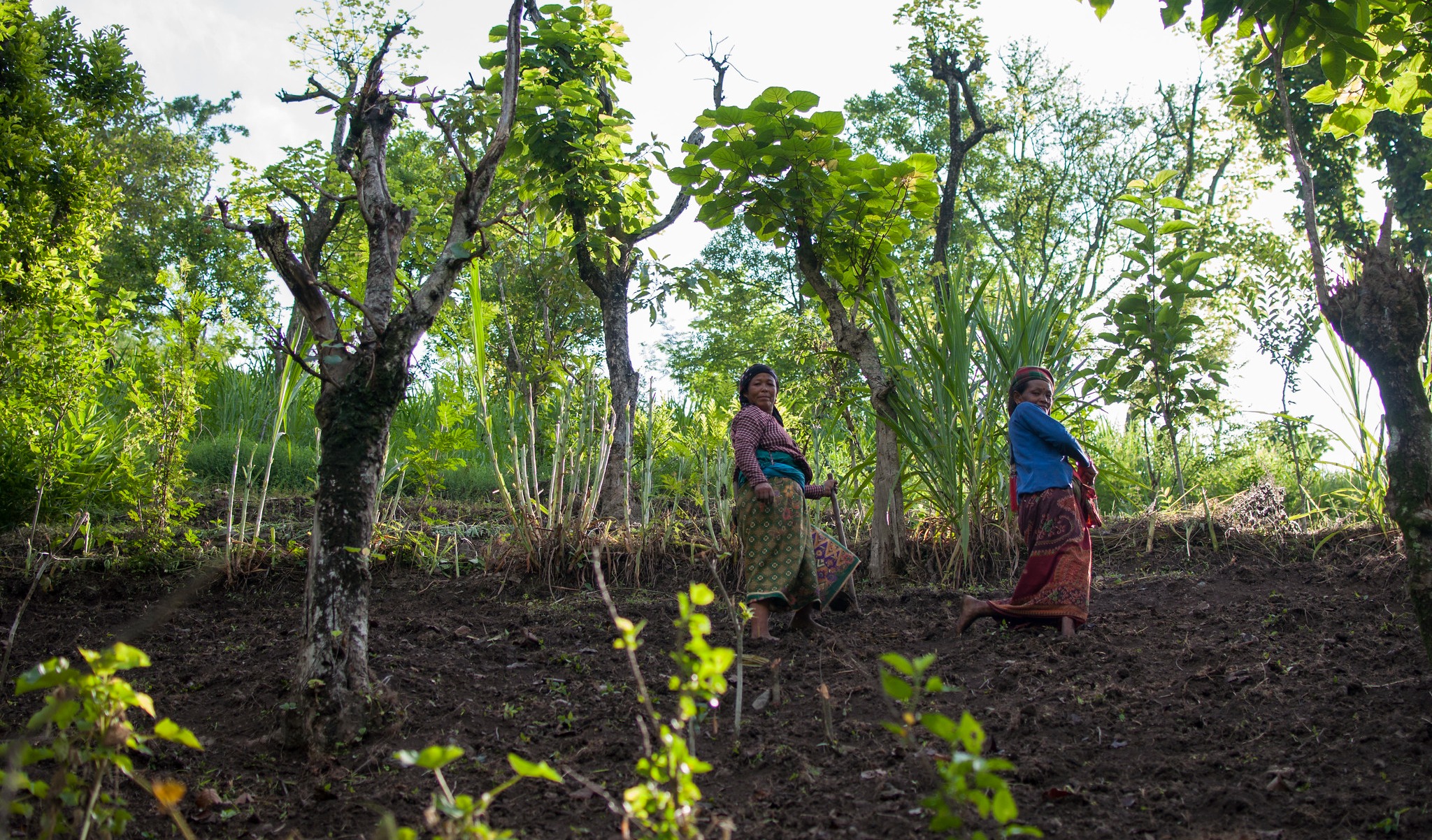Government Ministers from many Island Nations in the Pacific Island countries have convened in Rome today, headquarters of the Food and Agriculture Organisation of the United Nations (FAO), to urge the world to join them in taking urgent action to help island states transform their agrifood systems to mitigate the negative effects of climate change and resolve nutritional deficiencies faced by their island inhabitants.
Today marked a significant milestone as the highly anticipated high-level event, “Transforming agrifood systems to increase resilience and achieve the 2030 Agenda | Harnessing the potential of Small Island Developing States (SIDS), Least Developed Countries (LDCs), and Landlocked Developing Countries (LLDCs),” concluded at FAO headquarters. Among the esteemed participants, the Pacific Island countries emerged as key drivers of agrifood systems transformation, bringing their unique perspectives and innovative approaches to the forefront.
The event witnessed the active engagement of delegates from the Pacific SIDS*, including the Cook Islands, Fiji, Kiribati, the Marshall Islands, Palau, Samoa, Solomon Islands and Tonga. Despite the modest size of these countries, their voices hold great significance in the global discussions on agrifood systems. The Pacific Island countries have faced more than their fair share of challenges, particularly exacerbated by the COVID-19 pandemic and increasingly devastating weather-related events. They have experienced rising prices and disruptions to their agrifood systems, highlighting the need for their voices to be heard and their specific challenges to be addressed in the global dialogue.
At the event, delegates immersed themselves in substantive discussions, centred on critical topics relevant to the Pacific Islands and other vulnerable territories worldwide, such as the least developed and land-locked countries, with no direct access to the sea.
The pressing issue of climate change took centre stage, as the participants explored ways to transform agrifood systems in response to a changing climate. The Pacific Island countries, well aware of the increasing incidences and intensity of extreme weather events, presented innovative practices, methodologies, and technologies to adapt and mitigate the adverse effects of climate change.
Voices from the Pacific
The event also provided a platform to address the crucial aspect of investment, focusing on bridging the gap in funding for vulnerable countries. Participants engaged in thought-provoking discussions, exploring challenges and potential solutions to accelerate the achievement of food security and nutrition-related Sustainable Development Goal (SDG) targets. The aim was to ensure that no one is left behind in the pursuit of inclusive and sustainable agrifood systems, and the Pacific Island countries actively contributed their perspectives to shape these discussions.
Steven Victor, Minister for Agriculture, Fisheries, and the Environment, Palau, emphasised the need for building resilience to shocks and scaling up productivity. Mirroring a sentiment shared by all Pacific (and not only) SIDS, he added:
“We are all living the negative impacts of climate change and global conflicts on our economies, our people, and our food systems. These negative impacts if not addressed will continue to put our future generation at risk of survival.”
Lord Fohe, Minister for Agriculture, Food and Forests, Tonga, spoke about the importance of addressing the climate-change-agrifood-system nexus.
“Our country’s challenges require us to draw on several parallel transformational actions starting from policy reforms up to the implementation of grassroots level innovative practices of climate smart and resilient agriculture systems, and water and soil management.”
Ruateki Tekaiara, Minister for Environment, Lands and Agricultural Development, Kiribati, addressed the importance of inclusive investments to bridge the gap and leave no one behind in the agrifood system transformation process:
“Kiribati is committed to advance our contribution to achieve the SDG goals amid the challenges and external factors challenges … with investment priorities and noting our challenges with agriculture, partnership is the key to advance us to the next level.”
Xiangjun Yao, FAO Subregional Coordinator for the Pacific Islands, emphasised that “despite being frequently marginalised in global dialogues and decision-making processes, the voices and perspectives of the Pacific Islands carry significant worth and should be integrated into the global discourse. By actively engaging in events such as this high-level meeting, we can bridge this gap and strive to address their unique challenges and foster inclusive and sustainable agrifood systems for all.”
A high-level event backed by FAO’s commitment and proven practices to assist its Members
The high-level event was a testament to the power of collaboration, highlighting the importance of collaboration, knowledge sharing, and partnership in addressing the challenges faced by Pacific Island countries and other vulnerable nations. Through the FAO’s initiatives such as the SIDS Solutions Platform, the Hand-in-Hand Initiative, One Country One Priority Product (OCOP), and Digital Village Initiatives (DVI), FAO is working closely with Pacific Islands countries to support their efforts in transforming their agrifood systems, building resilience, and achieving the 2030 Agenda.
SOURCE: FAO/PACNEWS















